Apple’s iOS 26.2 beta 3 just dropped a seismic change in how the iPhone works. Japan gets it first. For the first time, iPhone users can ditch Siri and set alternatives like Alexa or Google Gemini, though Apple’s developer documentation confirms the feature is initially limited to Japan. It arrives with iOS 26.2’s beta release, where new code lays the groundwork to reassign the side button so it can launch third-party conversational apps instead of Siri.
This is Apple’s sharpest turn away from its famously closed ecosystem in years. The feature will initially be limited to Japan and could expand later, making Japan the proving ground for a change that might reshape daily iPhone habits worldwide.
Why Japan gets first dibs on Siri alternatives
Japan is Apple’s test lab here, a mix of regulatory pragmatism and controlled experimentation. The switch is tightly geofenced; users must have their Apple Account set to Japan and be physically located there to turn it on.
There is another gate. Apple requires developers to expressly adopt the App Intents framework before their assistants appear as side button options, so popular apps will not show up until their makers opt in. Smart, and very Apple. Right now, a long press on the side button exclusively activates Siri with no customization options. For users who feel boxed in by Siri’s local context, that single press has carried a lot of weight.
How the technical implementation actually works
The plumbing is straightforward and controlled. Developers can utilize the App Intents framework to enable voice-based conversational apps to launch directly from the side button. No intent support, no slot in Settings.
As a result, Alexa or Gemini can be selected as the new default only after developers ship the needed code. That dependency lets Apple expand choice while keeping quality guardrails in place.
Zoom out, and a pattern emerges. The feature sits alongside support for third-party app stores in Japan and a Safari search engine choice screen during device setup. It feels less like a one-off tweak, more like a package of user control features arriving together.
From a platform angle, this opens a previously locked hardware hook while preserving Apple’s curated developer experience. Careful, but meaningful.
What this means for Siri’s future globally
This Japan first run acknowledges a simple truth: competition pushes Siri. Siri has faced criticism for lagging in contextual understanding and app integration, and key upgrades like onscreen awareness and personal context have been pushed back to 2026 due to technical challenges.
There is pressure building elsewhere, too. Code discovered in iOS 26.2 beta suggests similar functionality may come to EU users under the Digital Markets Act, which requires that gatekeepers like Apple must provide app makers access to the same hardware and software features available to their own services.
Put together, Apple’s controlled Japan pilot could become EU compliance, then something bigger. User feedback on one side, legal obligations on the other. That is a fast lane for change.
The bigger picture: Apple’s ecosystem evolution
This is more than a button swap; it is Apple adapting to the moment. The company has historically partnered strategically to bridge capability gaps, from search in Safari to silicon choices, so a selective opening fits the playbook.
There is hardware precedent, too. Apple already allows EU users to set alternative payment apps that open with a double click of the side button, which shows Apple will tweak core interactions when the situation calls for it.
Timing matters. The iOS 26.2 update is expected to reach the public in December, right as people weigh upgrades and gifts. Defaults sway fewer folks now, especially for voice, which you touch dozens of times a day.
What happens next for iPhone customization?
Japan sets the blueprint. While it remains unclear whether Apple plans to release this option publicly worldwide, the scaffolding looks ready for a wider turn on when conditions line up.
For now, Apple is prioritizing assistant choice over full remapping. The feature focuses on letting users choose which app opens with the button rather than offering the full range of shortcuts available with the Action Button on iPhone 15 Pro models. Controlled openness, not a free-for-all.
If the Japan rollout lands well, momentum points to the EU next under DMA rules, and then, potentially, beyond. Japanese users will be the first to live with a real voice assistant choice on iPhone. How they use it, and how competitors respond, could guide Apple’s long-term strategy.
Does this mark a broader opening of the ecosystem, or a targeted response to specific markets? That is the question. Either way, it is a pivotal moment where Apple’s classic control meets global pressure, and users get a little more say in how their phones listen.




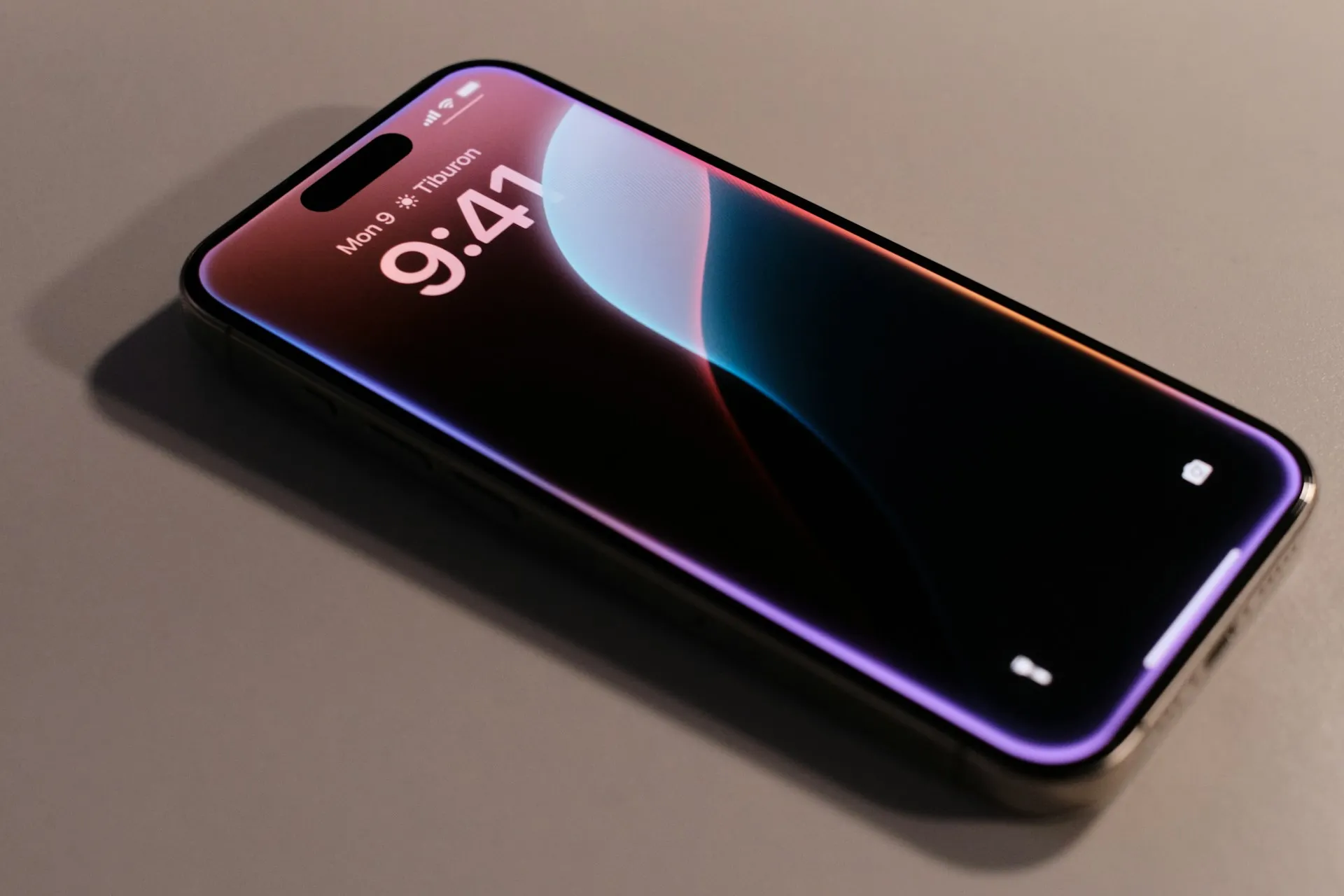


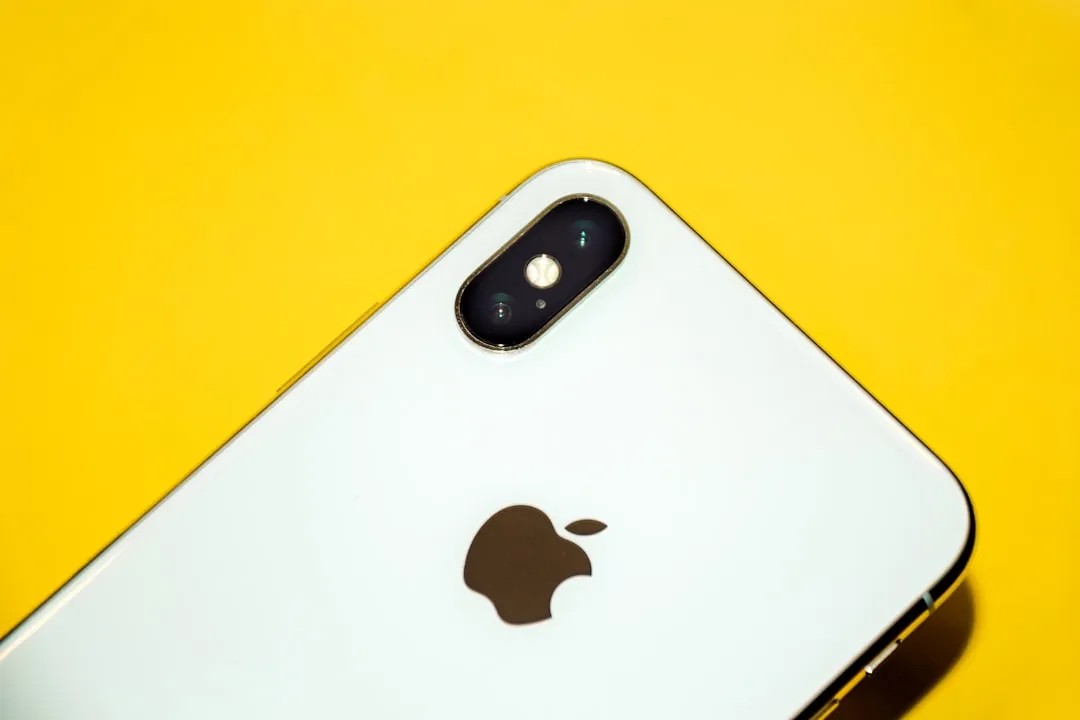

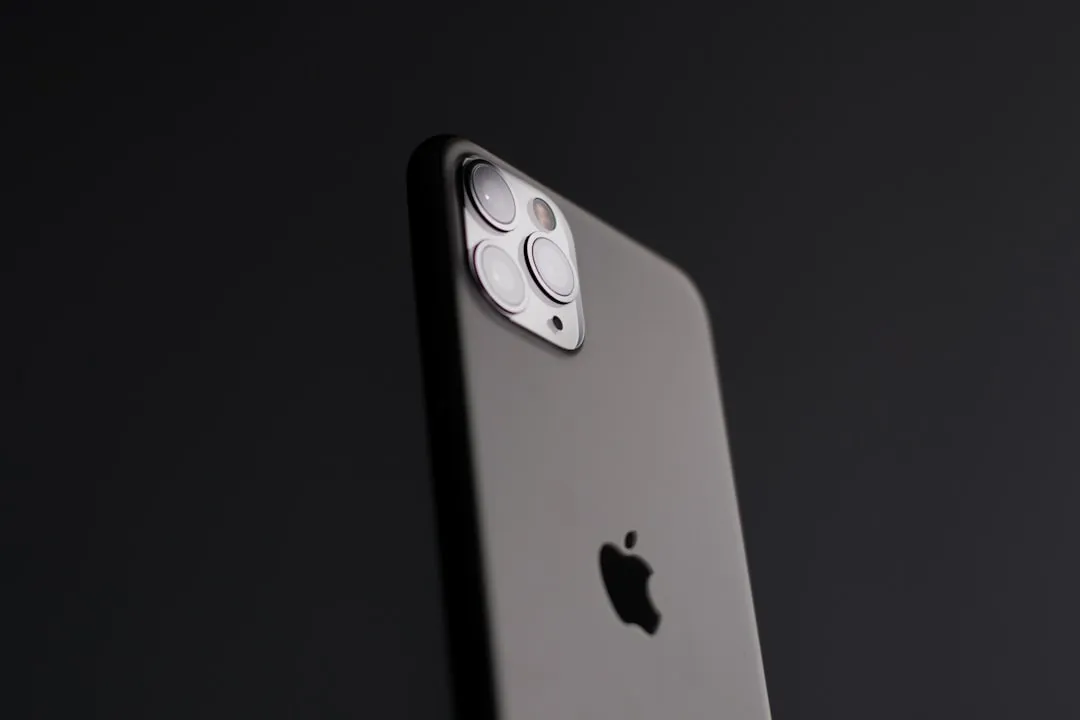


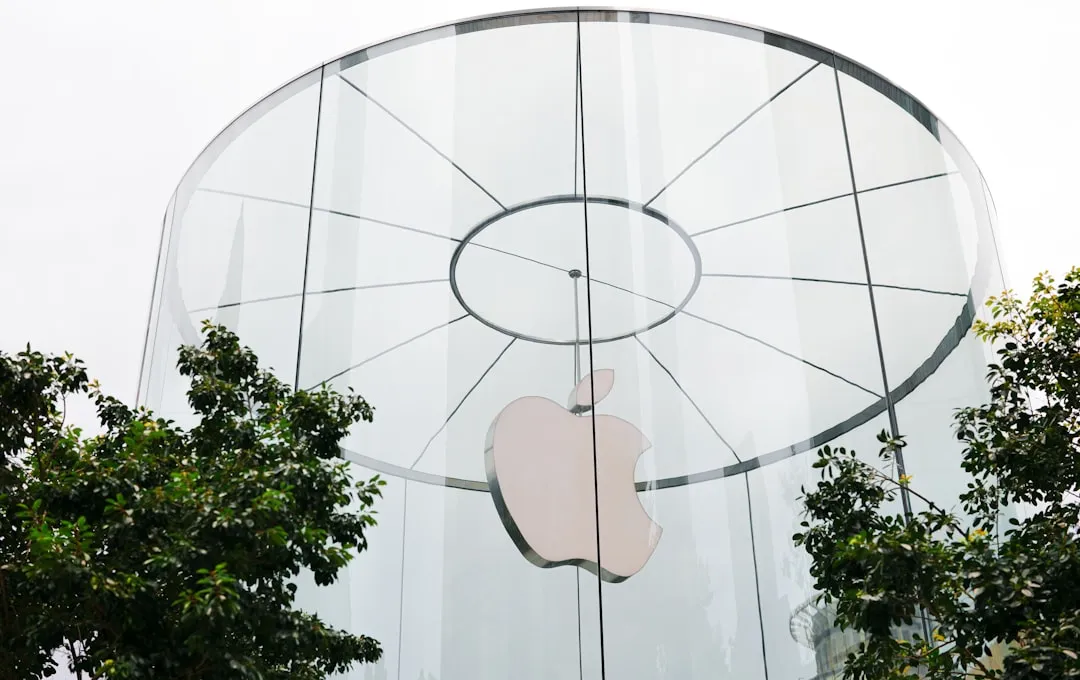
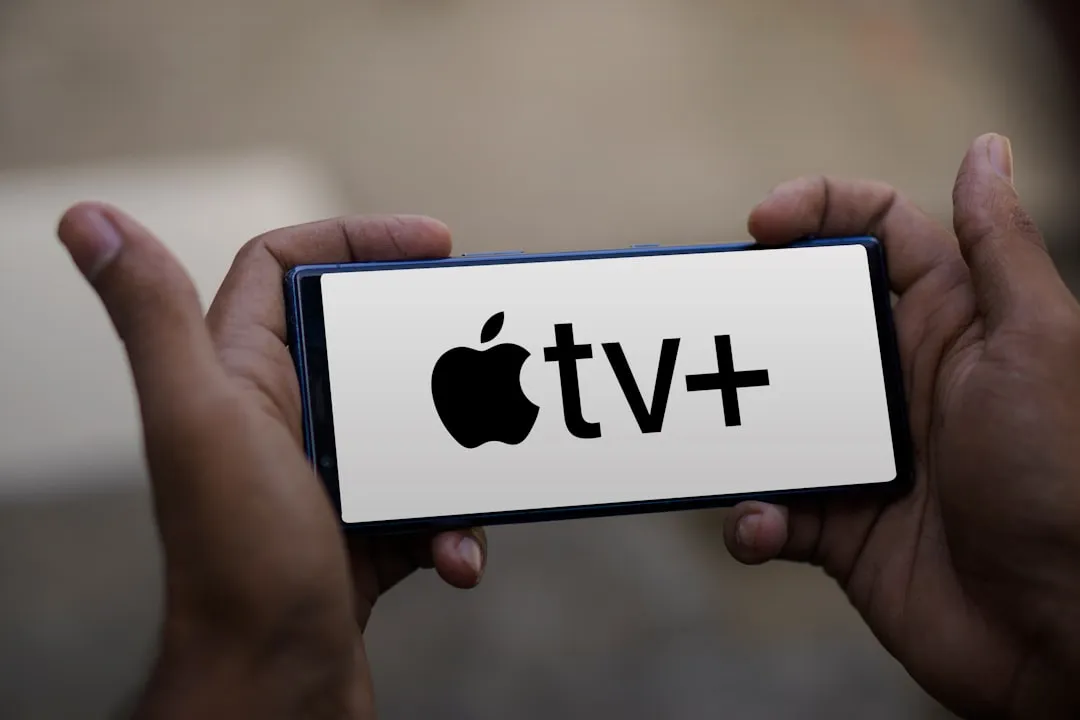
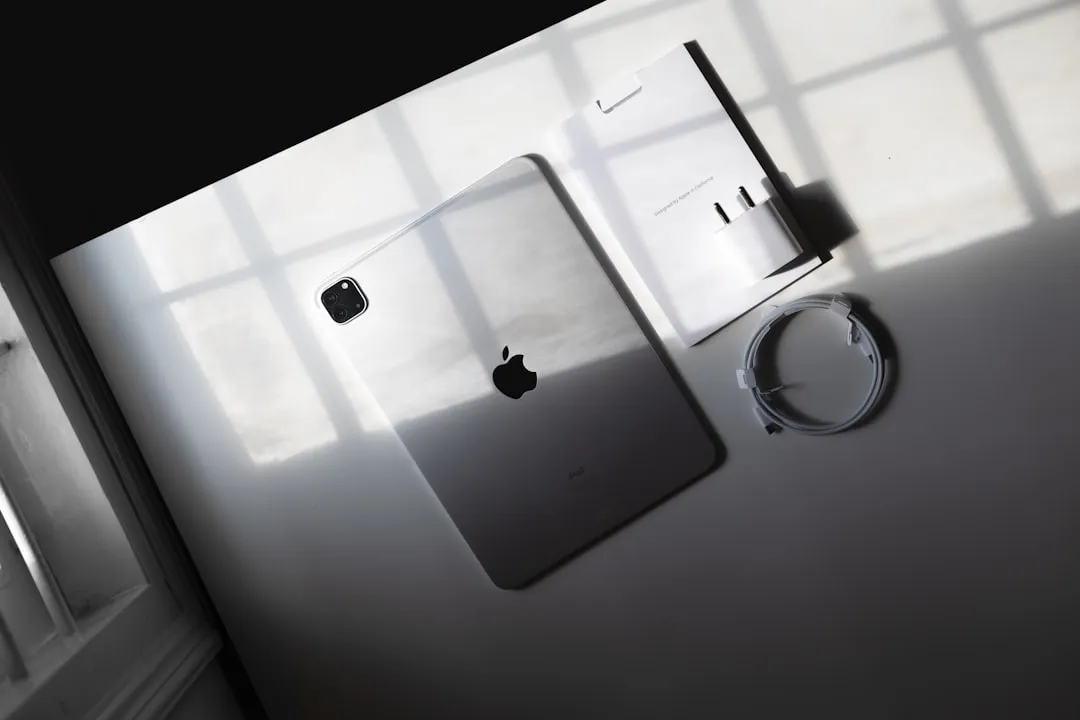
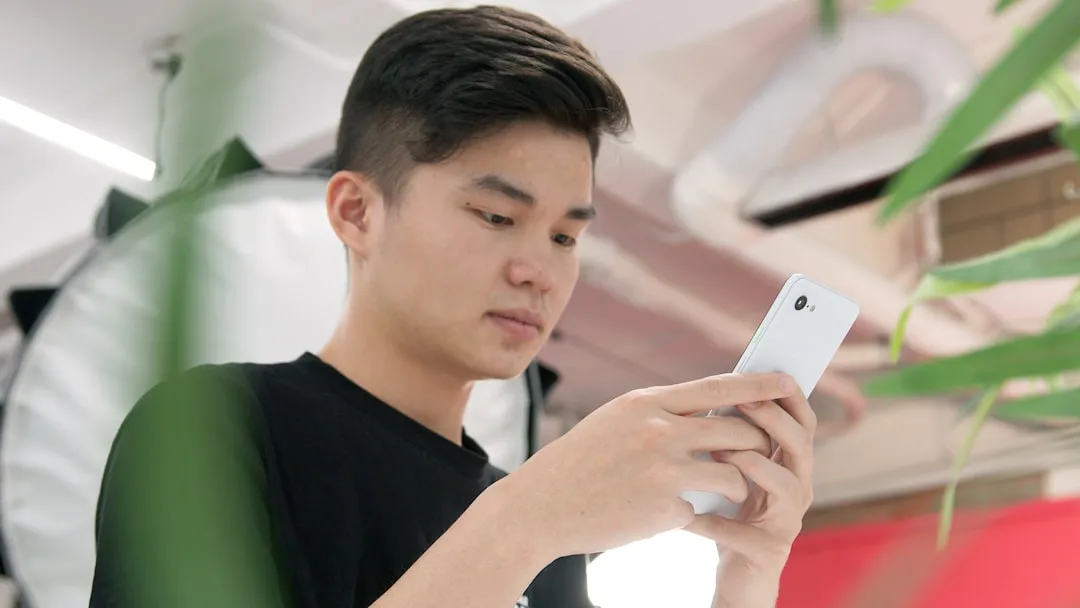
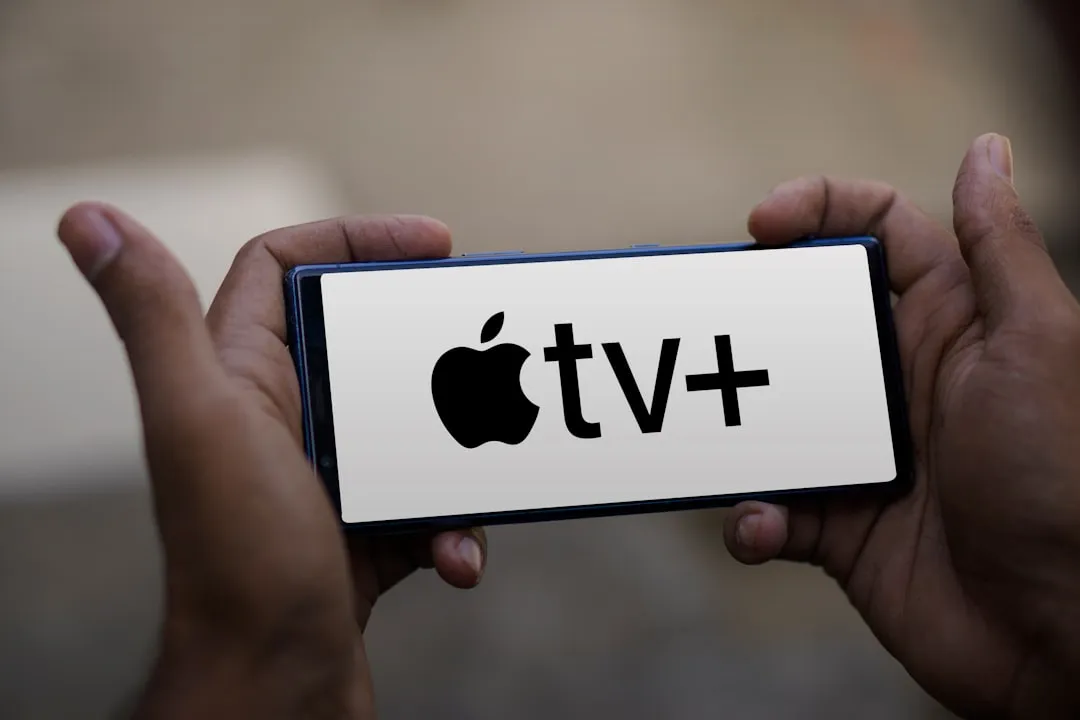

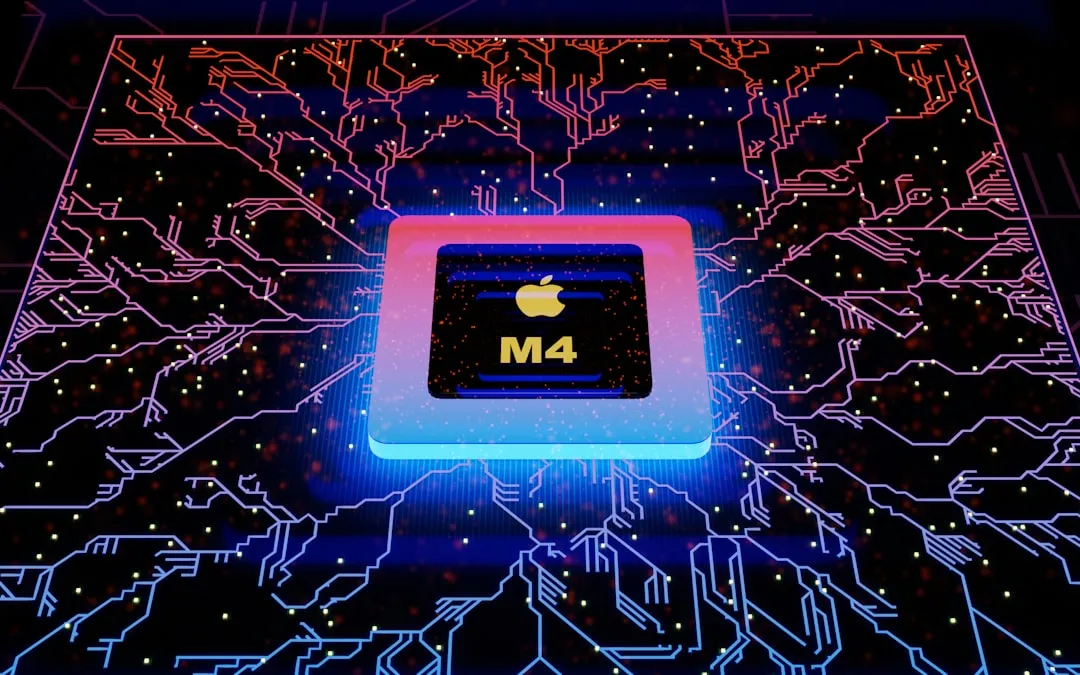
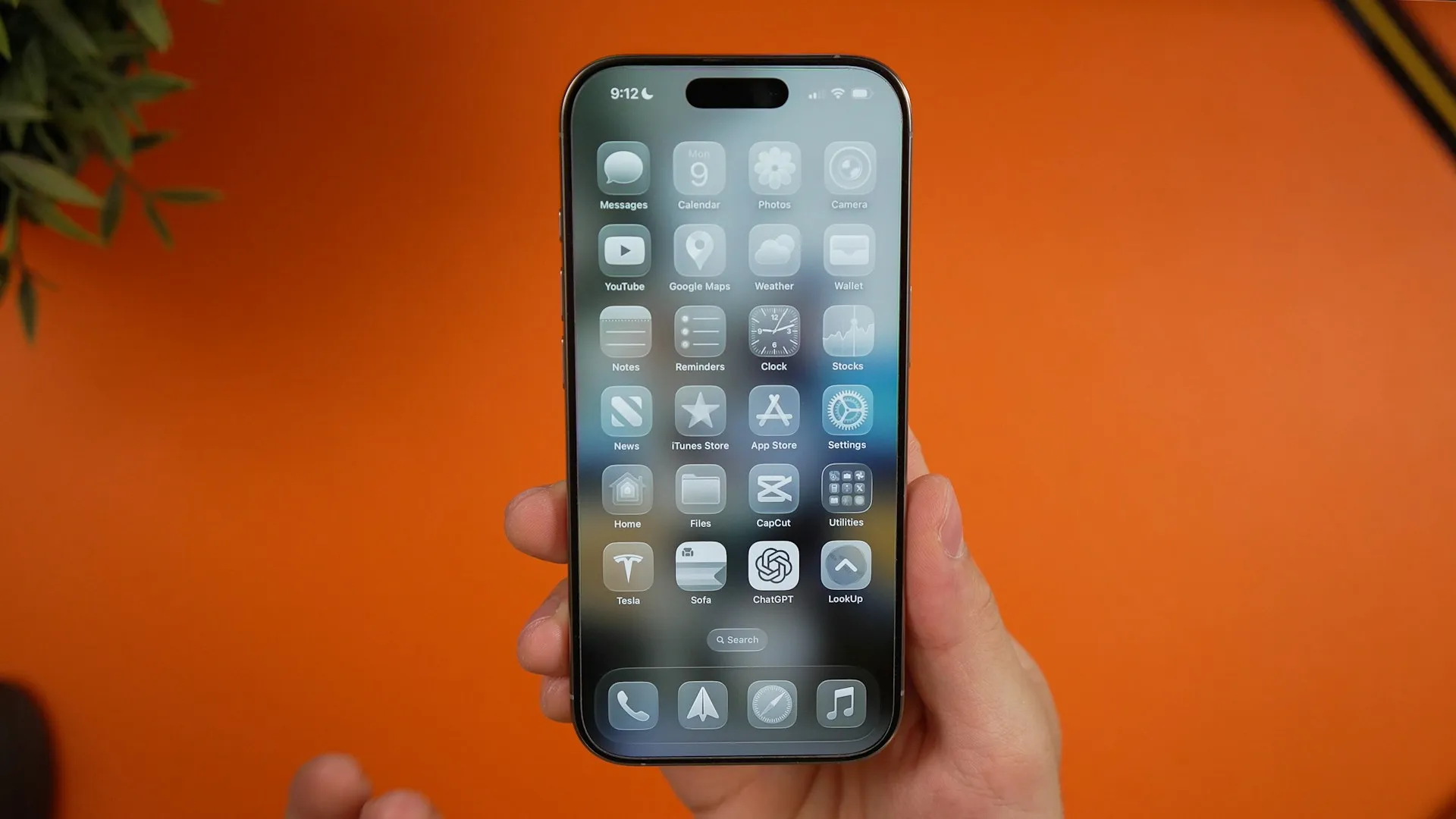

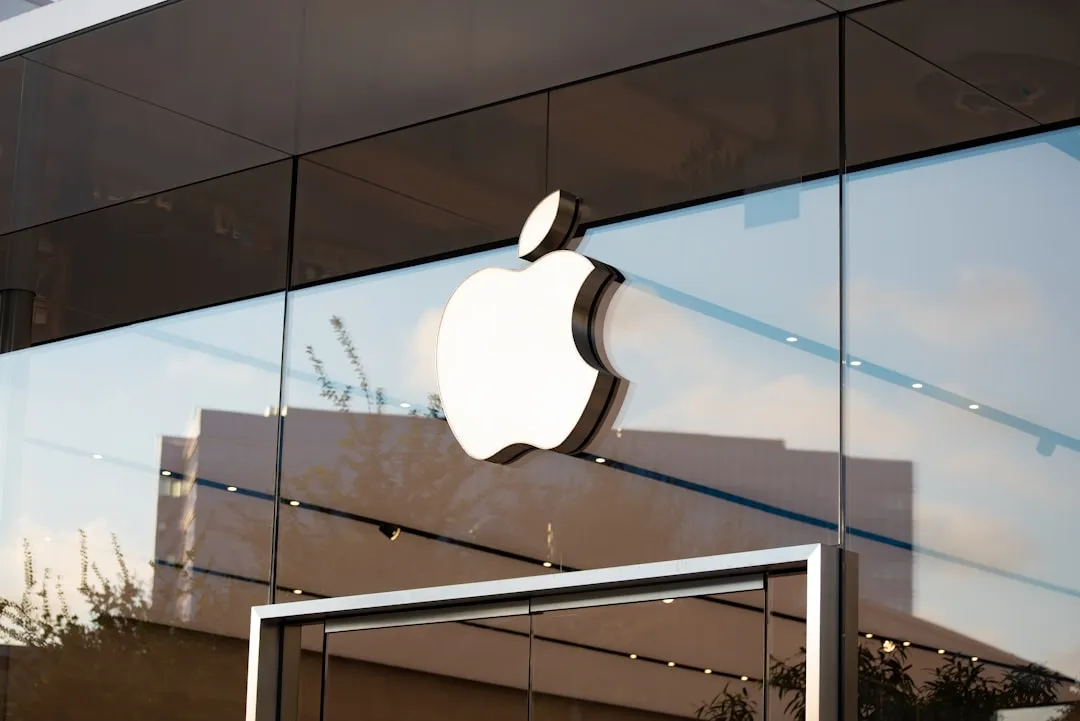



Comments
Be the first, drop a comment!